Have you ever heard someone say, “I just wanted to visit my spouse in Germany, but the visa process nearly broke me”? That’s because navigating the Schengen family visa process, especially for Nigerians, can feel like solving a puzzle without the picture on the box.
Maybe you’re a Nigerian planning to join your spouse in France, or perhaps you want your kids to spend the holidays with you in Italy. Whether it’s for reunion or just a short visit, understanding Schengen family visa rules for Nigerians is not just helpful, it’s essential.
And with recent rule changes, fee increases, and documentation tightening, this is your final call to get it right. Missing even one requirement can lead to delays, rejections, or worse, wasted time and money. So let’s get started and break everything down clearly, step by step.
What is a Schengen Family Visa?
A Schengen family visa allows a non-EU family member like a spouse, child, or parent of someone legally residing in the Schengen area to visit or join them for a short or long stay. Nigerians apply for this visa when they want to visit or reunite with family living in any of the 27 Schengen countries like Germany, France, Spain, Netherlands, or Italy.
It’s different from a tourist visa because your reason for travel isn’t just sightseeing, it’s family-based. And that makes your application more sensitive. You’ll need to prove relationships, intention to return, and the financial or emotional ties that bind you.
📌 Read More
Who Is Eligible Under the Schengen Family Visa Rules?
Not sure if this applies to you? Let’s make it clear.
You can apply under the Schengen family visa rules for Nigerians if:
- You are the spouse or legal partner of a Schengen or EU citizen.
- You are a child or dependent of a resident or citizen in the Schengen area.
- You are a parent or guardian of a child residing in the EU.
- In some rare cases, other dependent family members may qualify (with extensive proof).
If you’re typing “Schengen visa for spouse Nigeria” or “Schengen visa for children Nigeria” into Google every day, you’re in the right place.
What Are the Latest Schengen Visa Requirements for Nigerians?
In 2025, several changes were introduced that directly affect Nigerians applying for Schengen family visas. So if you haven’t applied recently, read carefully.
- Visa fees have increased: The current Schengen visa fee in Nigeria is around €90 for adults, and between €40-€45 for children aged 6-12.
- You can now apply up to 6 months before your intended travel date.
- Stricter document requirements have been introduced: no room for error, guesswork, or fake documentation.
- Longer wait times are common, especially during peak travel months. This makes timing your application not just important, but urgent. Don’t leave it until the last minute apply early, prepare thoroughly, and keep copies of everything.
How to Apply for a Schengen Family Visa from Nigeria
Let’s walk through the entire process so you know exactly what to do. If you follow this, you’ll massively reduce your chances of rejection.
1. Determine the Right Embassy: You must apply at the embassy or consulate of the country where your family member lives or where you’ll spend the most time. If you’re visiting multiple countries, apply where your trip begins.
2. Book Your Appointment Early: Due to high demand, appointment slots at many embassies fill up weeks in advance. Use authorized visa centers like VFS or TLSContact for countries like France or Germany.
📰 Similar Posts
3. Prepare All Required Documents: This is where most people trip up. Missing even one required item can lead to instant rejection. Here’s what you’ll need:
- Valid Nigerian Passport (issued within the last 10 years, at least 3 months valid after your travel date)
- Visa application form (filled completely and signed)
- Recent passport photographs (meeting Schengen size and background requirements)
- Marriage or birth certificate (to prove relationship, legalised or apostilled if required)
- Invitation letter from your family member in the Schengen area
- Travel medical insurance (minimum coverage of €30,000)
- Proof of accommodation (host address, utility bill, or tenancy agreement)
- Proof of financial support (bank statements for the last 3–6 months, employment letter, or sponsor’s documents)
- Travel itinerary and return ticket reservation
- Evidence of ties to Nigeria (employment letter, school enrollment, property documents, dependents)
4. Pay the Visa Fee: For adults, the fee is about €90. Payment is usually made at the visa center and is non-refundable, even if your visa is denied.
5. Attend Your Appointment: On your appointment day, bring all original documents and photocopies. You’ll submit biometrics (fingerprints and photo), and your documents will be reviewed.
6. Wait for a Decision: Processing usually takes 15 calendar days, but can take longer if additional documents are requested. Some applications may take up to 45 days.
This is the Schengen visa application process Nigeria applicants need to follow strictly to succeed.
Common Mistakes That Lead to Rejection
Many Nigerians face rejection often for small, avoidable mistakes. Here are the top reasons and how to avoid them:
- Wrong or expired documents: Always check embassy-specific requirements. A wrong passport photo or missing bank stamp could ruin everything.
- Fake documents: Visa officers are trained to detect fraud. If you submit anything fake, you risk a 5-year ban.
- No proof of return: Not showing you have strong ties to Nigeria (job, family, property) may cause doubts about your return.
- Insufficient funds: If your bank statement doesn’t show consistent income or large unexplained deposits, your application will likely be rejected.
- Incomplete forms: One missed checkbox or a blank space could delay or nullify your application.
- To avoid these, double-check your documents and if possible, consult a visa expert.
Processing Time: What to Expect
The typical Schengen visa processing time in Nigeria is about 15 days, but:
- It may take longer in high season (summer or Christmas).
- If further checks are required, expect 30–45 days.
- Family reunification visas can take even more time in some countries.
- That’s why you must act fast and submit your application early, ideally at least 2 months before your travel date.
Special Notes for EU Citizen Family Members
If your family member is an EU citizen, your application might enjoy some exemptions:
- Some Schengen states waive visa fees for spouses and children of EU citizens.
- Processing may be faster if you apply under EU free movement laws.
- Supporting documents still apply, but some rules are eased.
So if you’re searching for family reunification visa EU Nigerians, this section matters for you.
What Should You Do Next?
Applying for a Schengen family visa from Nigeria can be overwhelming, but it doesn’t have to be. If you follow the right steps, avoid common pitfalls, and prepare early, you can unlock smooth travel to Europe and enjoy precious time with your loved ones.
So here’s your next step:
1. Start gathering your documents today. Don’t wait until your travel date is too close.
2. Book your visa appointment now — slots are limited and can fill quickly.
3. Double-check the embassy’s website for country-specific requirements.
4. Secure your spot by applying at least 2–3 months before travel.
5. Still unsure? Contact us for further enquiries. We can review your documents, guide you through embassy-specific rules, and help you avoid costly mistakes.
This could be your last chance to make it for that Christmas holiday, reunion, or anniversary. Don’t leave your plans to chance. Apply now and give your family the gift of togetherness across borders.
Need to bring your family from Nigeria to Europe? Learn everything about Schengen family visa rules for Nigerians, including eligibility, documents, processing time, and how to apply successfully.
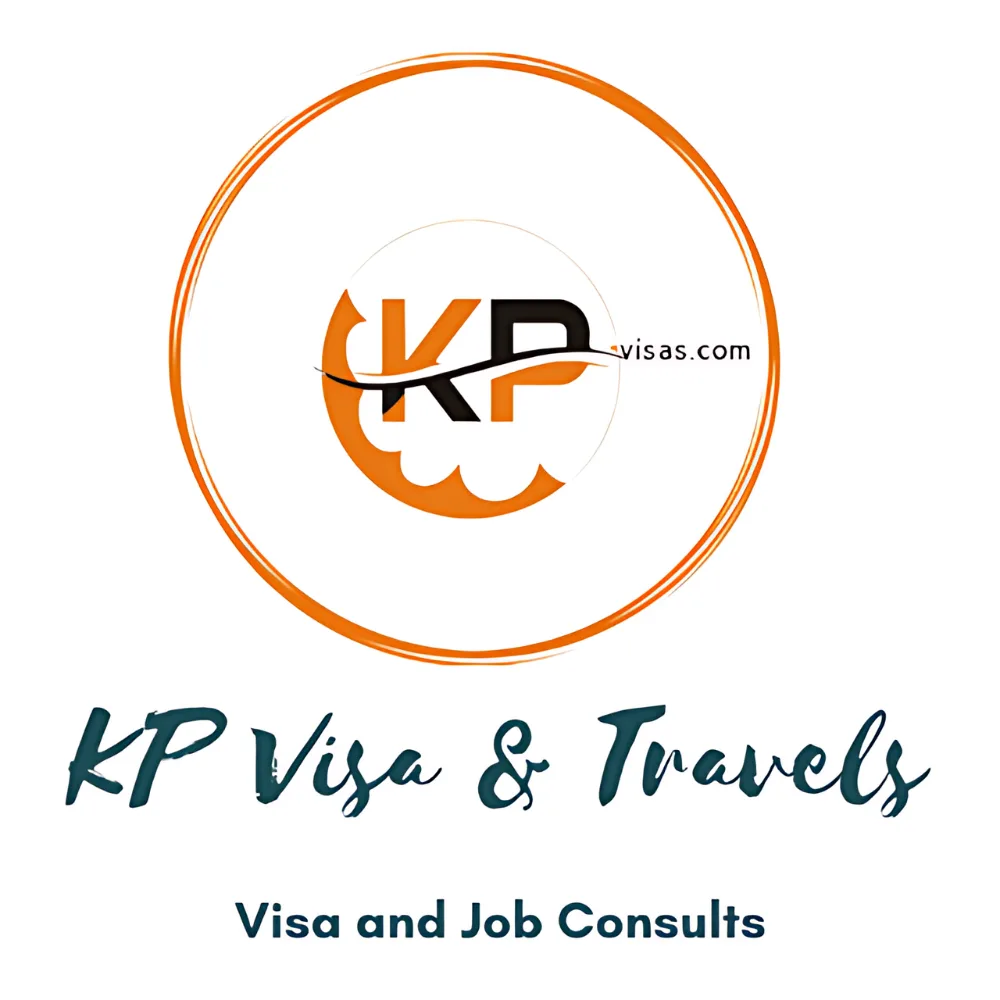
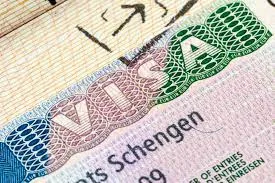

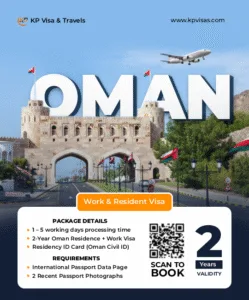
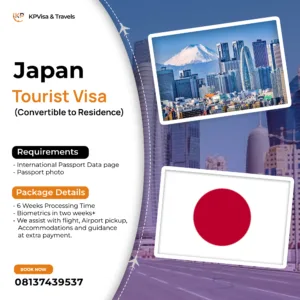
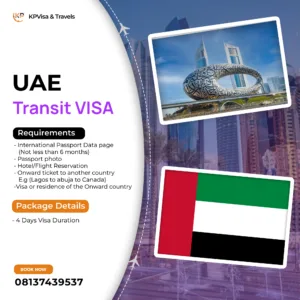
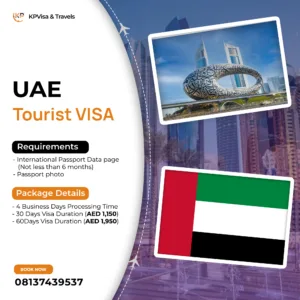
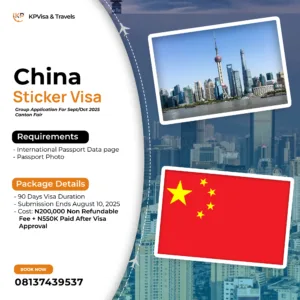
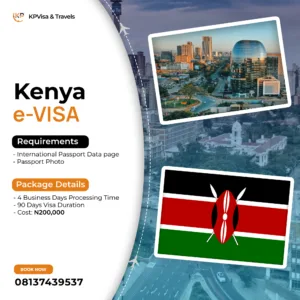
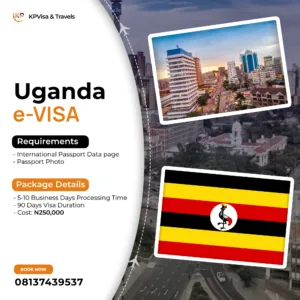
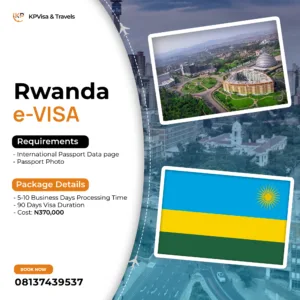

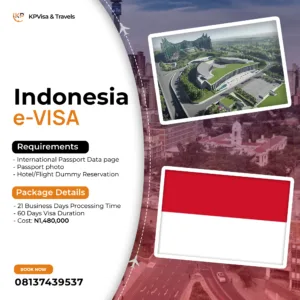

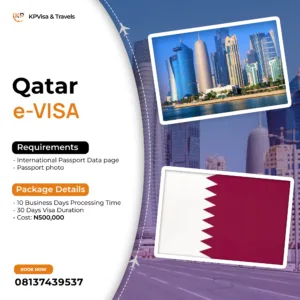




















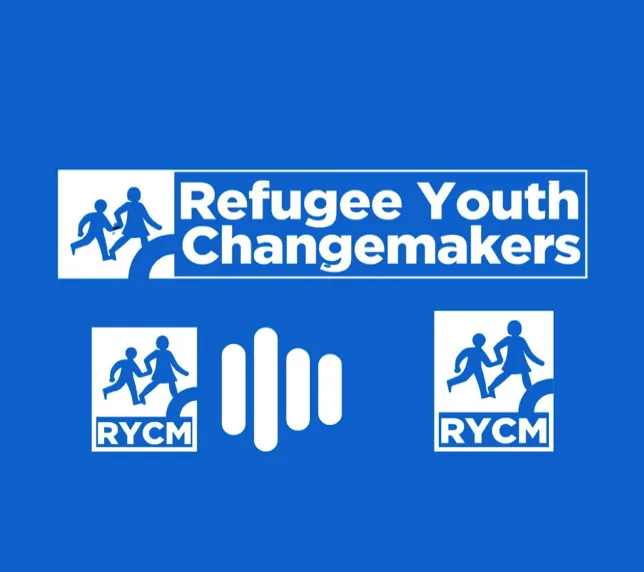

No responses yet